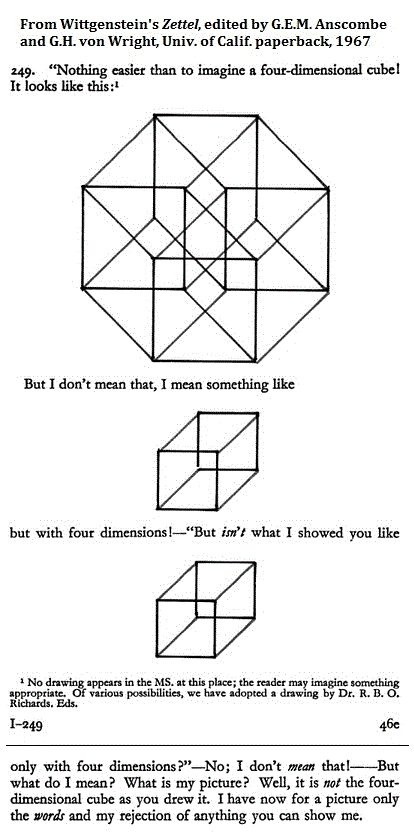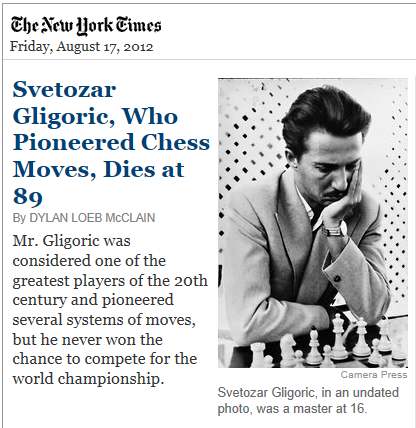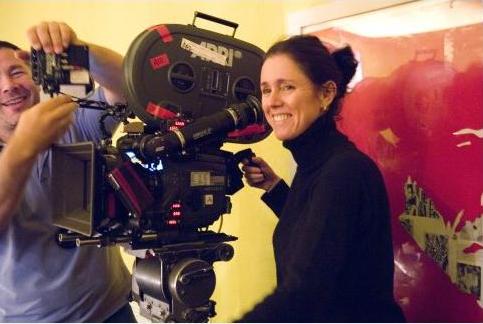The last line* of the previous post . . .
"See as well a search in this journal for Zettel ."
suggests another entertainment review —
"Interspersed with the surprisingly fruitful escapades
of these drunken detectives are a series of flashbacks
to Christmas 2007 . . . ."
— Rachel Aroesti in The Guardian ,
"Fri 29 Jul 2022 01.00 EDT,"
https://www.theguardian.com/tv-and-radio/
2022/jul/29/the-resort-peacock-now-funny-
fast-paced-caper-the-white-lotus
* Added at about 7:20 this morning. The relevant material is in
the last post from that search — dated December 26, 2007.












